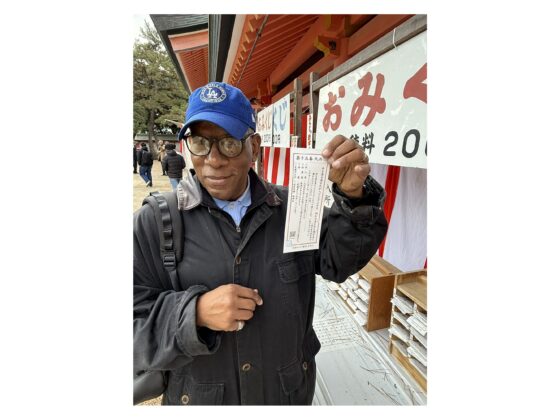As organizations prioritize diversity, equity and inclusion (DE&I), navigating DE&I-focused interview questions has become crucial for job seekers, especially those aiming for leadership roles. ACS Executive Director, Jen Coleman, recently interviewed Cynthia Soledad (MBA ’02), head of Egon Zehnder’s Global DE&I practice, to explore why DE&I is integral to corporate culture and to offer guidance on how to address DE&I questions in interviews.
Understanding Why Employers Ask DE&I Questions
When employers ask DE&I-related questions, they’re not just seeking a commitment to DE&I—they want to see specific behaviors that promote inclusive environments. Cynthia explains that employers are assessing how candidates “collaborate with people across differences,” create spaces where diverse perspectives are valued and develop talent “in a way that each individual employee best responds.”
A candidate’s ability to collaborate in diverse settings is key. Cynthia emphasizes that it involves being open to “the perspective of those who might challenge your ideas to ultimately make them better.” Furthermore, adapting one’s approach based on the needs of different team members, for example, some responding to data, others to emotion, signals readiness to lead inclusively.
Beyond building a productive team, effective leaders foster environments where diverse voices are heard. “Employers look for leaders who create space for debate rather than expecting immediate agreement,” Cynthia notes. Candidates should show how they build teams that benefit from varied perspectives, whether those differences are identity-based, industry-related or skill-specific.
Moreover, mentoring diverse talent is essential. Cynthia highlights the importance of being “an agile people developer,” who understands that team members have different motivational needs. Strong leaders adapt their approach to support each person’s growth, creating a space where everyone can excel.
Ultimately, Cynthia explains, companies seek leaders who can “create the space for all kinds of diversity to thrive” and align their actions with broader DE&I objectives. DE&I-related questions help employers determine if candidates are ready to take on this challenge.
Common DE&I Interview Questions and How to Prepare
DE&I interview questions can range from open-ended prompts to more targeted inquiries. Even general questions like Tell me about the teams you’ve built may explore how a candidate fosters diversity. Cynthia explains, “They may be looking for a response that demonstrates that you build teams and create environments where diverse perspectives thrive.”
More specific questions might ask candidates to describe working relationships with colleagues from different backgrounds or how they’ve contributed to a more inclusive culture. For example, questions such as: Tell me about a time that you developed talent underneath you who is really different from you or Tell me about a way in which you have helped the culture of your prior organizations evolve to be more diverse and inclusive allow candidates to link their actions to broader DE&I goals, showing their contributions to inclusive cultures.
Preparation should focus on reflecting genuine leadership behaviors. Cynthia advises candidates not to rehearse a “perfect” answer. Instead, she says, “The purpose of these questions is to link back to leadership behaviors that are about working across difference with excellence.” Highlighting how you’ve navigated diverse environments is more impactful than focusing solely on metrics.
What Employers Look for: Authenticity and Balance
Authenticity is crucial when evaluating DE&I interview responses. “Experienced interviewers can read if somebody is just trying to chase a right answer versus giving a true answer,” Cynthia states. Sharing authentic stories, including personal growth and lessons from mistakes, can make a lasting impression. “This is about what kind of environment you have created as a leader and what kind of environments you want to keep creating,” she adds.
Some candidates may worry that only those with marginalized backgrounds can answer DE&I questions effectively, but Cynthia encourages candidates to draw from their own experiences. Thinking broadly about DE&I can reveal meaningful examples, no matter one’s background.
In a climate where DE&I can evoke strong reactions, employers seek leaders who balance these discussions with positivity. “If an organization is asking these questions, they’re looking for leaders who can effectively further the DE&I agenda,” Cynthia notes. A genuine commitment to fostering inclusivity and a conviction that each employee contributes to a diverse work environment can set candidates apart.
Addressing DE&I questions requires authenticity, self-awareness and a commitment to inclusive leadership. By understanding the intent behind these questions and preparing real examples, candidates can show their readiness to contribute to a more diverse and inclusive workplace. As Cynthia emphasizes, it’s not about having the perfect answer—it’s about being genuine and leading with inclusivity in mind.
Alumni Career Services offers career and executive coaching to degreed Darden alumni. If you are facing an on-the-job challenge, either as a leader or as an employee, reach out to us to schedule an appointment.





